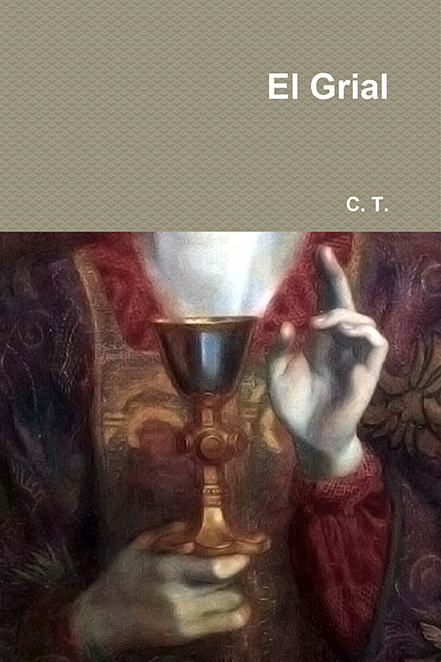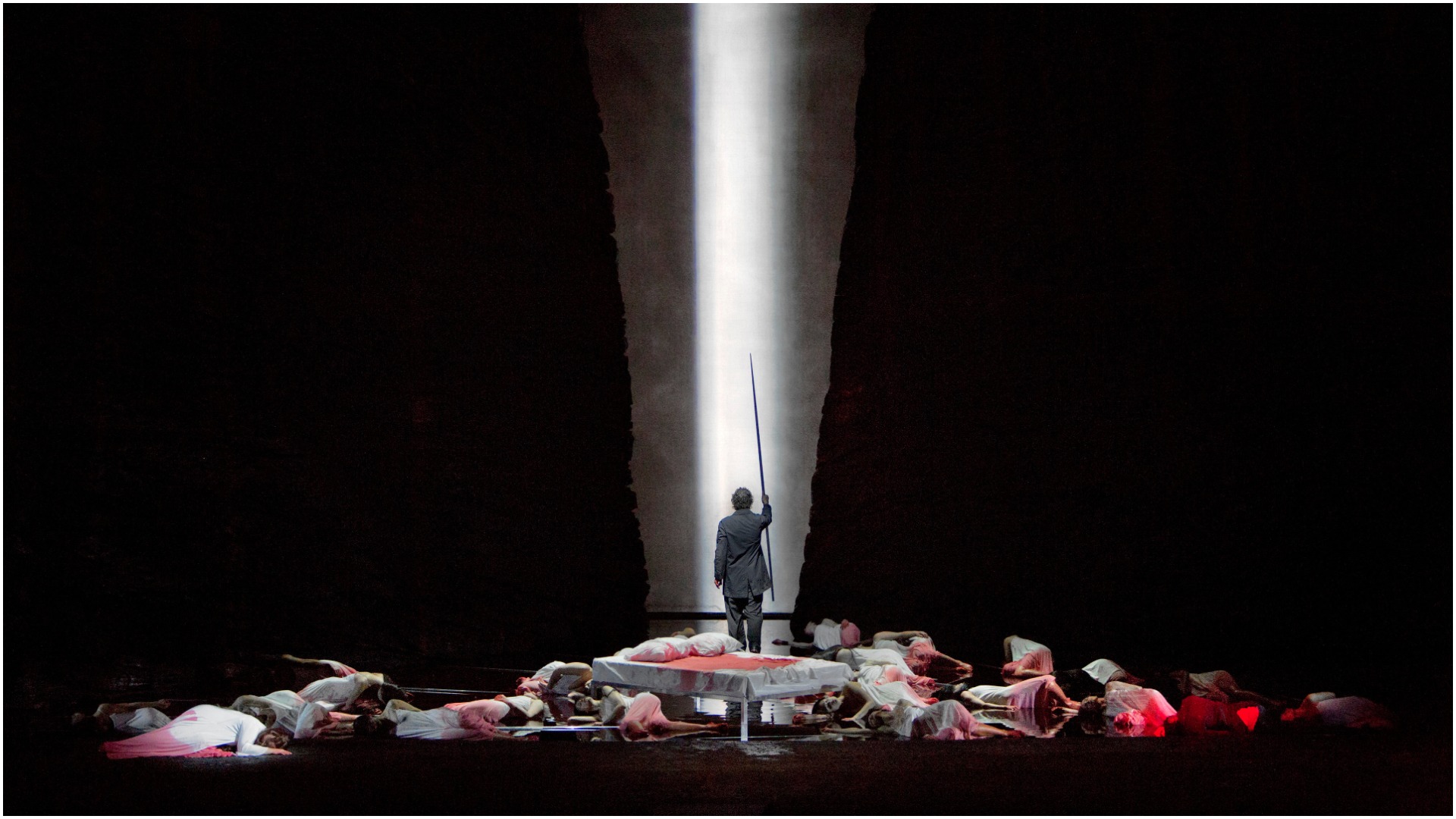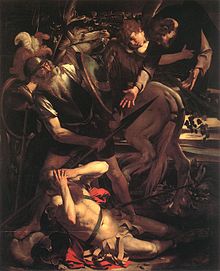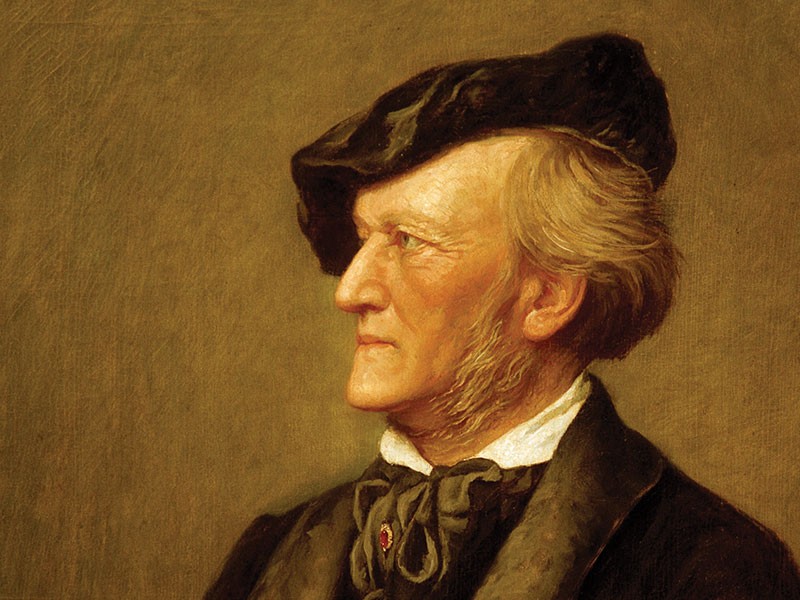‘If you are going to talk about serious matters (like killing someone or a coup) don’t ever let the women know about it’. —Jamie
In 2015 I published the first guideline I came up with for a ‘New Aryan code’, which can be summed up in these words ‘Thou shalt only speak to Aryan males’.
Even I, who coined the term fourteen-word priest, fail to comply with the first priesthood guideline.
Ever since my sister got very upset with me when I tried to defend Richard Wagner against the accusations she had been taught at school about Wagner’s attitude to Jews, an argument that ended when my sister not only walked out of the family room but told her teenage son to go with her so as not to listen to me, I had promised myself never to sit with them again.
And I kept it: not even at Christmas did I sit with my family.
But even the priest falters when he lives among little women. Not long ago, still keeping my promise that I wouldn’t sit with her, standing in the kitchen she advised me to go back to school. Since, trying to keep my promise, I didn’t sit at the table, I made the mistake of telling her why that didn’t make sense (can you imagine me in a woke university?).
My sister not only disregarded my arguments, me still standing and her sitting. She escalated her motherly advice to insulting levels. And because I didn’t give an inch to the grotesque advice to go back to college, she was so offended with me that she didn’t speak to me for the next few days!
But the fault was mine. I violated the priest’s first guideline: in profound matters, speak only to Aryan men.
It is easier for a hundred per cent Aryan male, at least genetically, to listen to a priest in private than if we try to do it with one of these little women.
 In June this year I published ‘Best Russian film’ about Andrei Rublev. Although the whole film has now been removed from YouTube, it’s worth getting hold of a DVD and watching it at home: an art that is light years ahead of American cinema, and portrays with infinitely more verisimilitude the real world than that of the Hollywood Jews.
In June this year I published ‘Best Russian film’ about Andrei Rublev. Although the whole film has now been removed from YouTube, it’s worth getting hold of a DVD and watching it at home: an art that is light years ahead of American cinema, and portrays with infinitely more verisimilitude the real world than that of the Hollywood Jews.
It really is worthwhile for the apprentice priest to pause in the torrent of information coming from a media monopolised by Jewry and look into the Russian Middle Ages. Tarkovsky’s film, I said in my June post, has a masterful scene that perfectly portrays the psychology of women. I mean when a Russian girl, after the Tartars destroyed her village and horribly tortured some male villagers (one had liquid metal poured into his mouth with a funnel), still willingly gave herself up to one of the polygamous Tartars!
Not that the Russian girl was a bad woman: her nature is simply to go with the strongest. (That’s why I criticised American Renaissance’s recent conference yesterday, insofar as it only shows that unlike the Nazis those speakers are exactly like Andrei Rublev.) But once one understands the nature of women it becomes obvious that one should never argue with them, although there are great exceptions, such as Savitri Devi.
I write all this because of the email I received today:
César,
Last week I got into a conflagration with my sister that you might have some expertise in:
My sister is a big BLM supporter, who had a BLM sign in her yard for quite some time in 2020. She is also the single mother of two green-eyed, blonde-headed little boys. The fact that the mother of my nephews stumps for a black-supremacist organization is truly galling.
In an angry letter to my cousin, I was ranting something along the lines of: ‘Where does it all lead to? What does she want? For her children to grow up to become the bottom bitches of Mexicans?’
My cousin did not understand my hypothetical, tongue-in-cheek tone, and sent photos of my letter to my sister, who took great offense and is no longer on speaking terms with me.
I sent the below email to her trying to explain the basis of my disdain, and my worry over the long-term prospects of my nephews, but I received no meaningful response in return.
What is occurring in the United States is the institutionalized soul-murder of our children, César! And their mothers are too programmed to stop it.
Regards,
-Ed
Among the racialists only Andrew Anglin and Roger Devlin (one of the speakers at the recent AmRen conference) know the nature of women. The problem with the conservative Devlin is that, as a typical American conservative, he is so feminised that he cannot see that only a revolution à la The Turner Diaries could save us. Nor does Anglin speak of revolutionary violence in the future, but at least his anti-feminist humour is so brutal that he comes a little closer to the priest’s guidelines.
New visitors who wish to educate themselves on the subject should read On Beth’s Cute Tits, linked in the sidebar.







